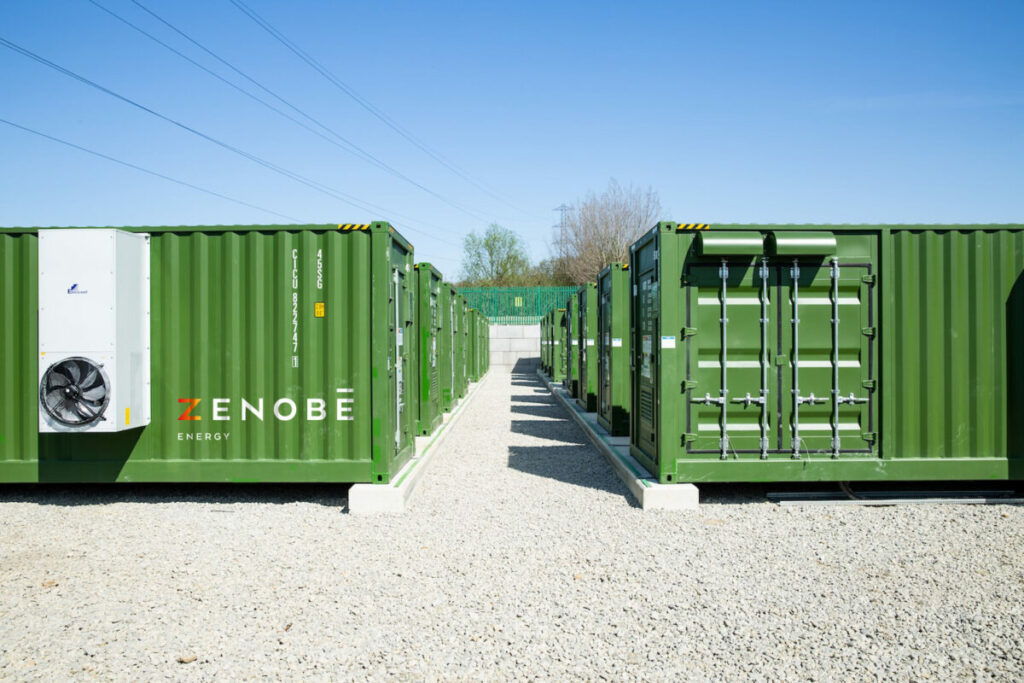
National Grid ESO is reassessing the methodology used to calculate de-rating factors for energy storage, with project operators saying it currently undervalues the technology.
Increasingly, UK Capacity Market auctions have signed contracts procuring reserve energy capacity from energy storage. The amount a resource is paid depends on its reliability – how well it will deliver stand-by capacity.
The ESO is reassessing the way it determines how much storage is paid in the Capacity Market, the so-called ‘de-rating factor’. The de-rating factor is the percentage of the headline auction tariff that a technology type receives.
Developer-operator Field’s technical director Chris Wickins told our sister outlet Energy-Storage.news: “National Grid is looking at de-rating factors for energy storage in the capacity market and has proposed increasing them in future auctions.
“This is because, having looked more closely at the energy storage that has been procured so far, they have realised that the assets as a whole are more useful than current de-rating factors would imply.”
He added that moving to a central dispatch system would improve storage’s utility. In the current self-dispatch system, operators are responsible for their dispatch in response to stress event notifications; the change would see ESO or an equivalent control the entire fleet of energy storage resources.
Six years since the last methodology update
National Grid ESO periodically reviews modelling assumptions and methods in response to market development; the current method was introduced in 2018.
As things stand, energy storage’s de-rating factor is dependent on its duration: 0.5-hour systems get roughly 4-5% of the tariff with a phased increase to about 90% for systems with 8-hour or higher duration.
Battery energy storage is a relatively new technology, introduced at scale after the initial de-rating methodology was first established in 2014. As such, a battery storage-specific method might be necessary, developer-operator Zenobe said.
One issue arises because operators can bid at a higher duration than their project truly has, by bidding in a lower MW power capacity than their nameplate output.

